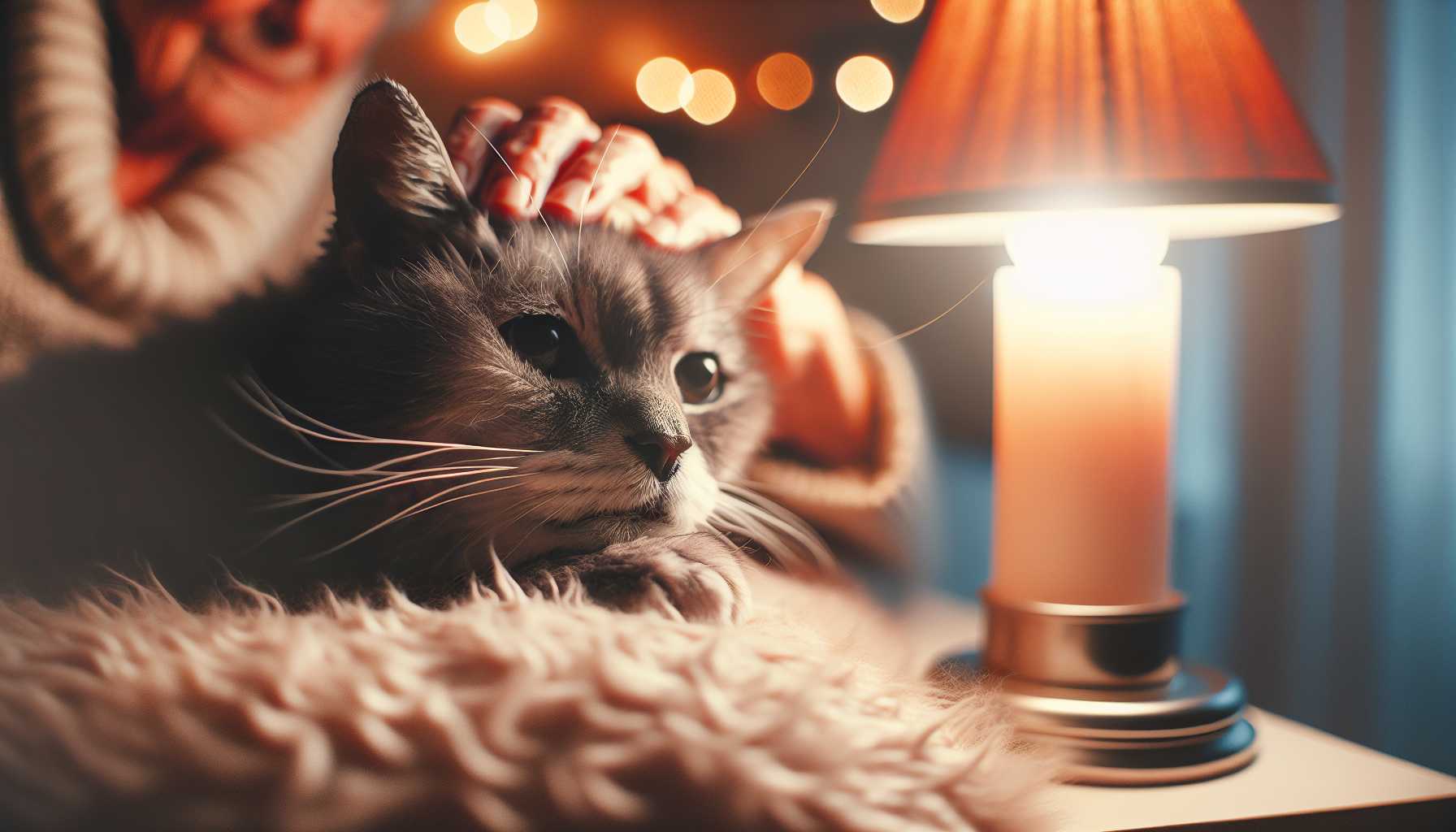Senior Cat Anxiety: Age-Related Stress Management

Understanding and Managing Anxiety in Aging Cats
Like humans, cats too can experience anxiety as they grow older. Let's delve into how we can support our elderly feline friends and create a comforting environment for them during their twilight years.
Recognizing Anxiety in Aging Cats
As cats step into their senior years, they often encounter new challenges that could provoke anxiety. These might include fading eyesight, deteriorating hearing, and arthritic pain, making them feel insecure much like how we tend to grow more cautious with age.
Identifying Anxiety Symptoms in Senior Cats
Keep an eye for these common signs of anxiety in your older cat:
- Increased meowing, particularly during the night
- Shifts in litter box habits
- Enhanced clinginess or isolation
- Unsettled behavior
- Reduced appetite
- Over-grooming
Setting up a Comforting Haven for Your Senior Cat
Ensure your home is a comfortable sanctuary for your elderly cat in the following ways:
- Designate soft beds in serene spots
- Ensure food and litter boxes are conveniently accessible
- Stick to reliable daily schedules
- Utilize night lights to aid their sight
- Install gentle ramps for more accessible climbing
Natural Techniques to Alleviate Anxiety
Applying simple strategies can sometimes be the best solution:
- Soothing pheromone diffusers
- Gentle pet massage sessions
- Soft ambient background music
- Regular playful interactions (taking their mobility into account)
- Comfortable hiding places
When to Consult a Veterinarian
Our senior cats might require additional medical assistance. It's advisable to arrange a veterinary visit if you observe:
- Abrupt changes in behavior
- Prolonged loss of appetite (lasting over 24 hours)
- Indications of pain or distress
- Uncommon aggression
- Alterations in sleep routines
The Importance of Patience and Affection
Don't forget, your aging cat requires an added measure of understanding and fondness. Invest quality time with them, maintain a peaceful setting, and cherish minor triumphs in easing their anxiety.
Proactive Measures to Prevent Anxiety
Stay a step ahead of potential anxiety triggers by:
- Regularly visiting the vet
- Keenly observing changes in behavior
- Upholding a consistent routine
- Providing mental stimulation
- Guaranteeing comfort during changes in family dynamics
Concluding Thoughts
Assisting an aged cat through anxiety demands patience, love, and a keen eye for detail. With considerate care and understanding, we can support our elderly feline friends in experiencing a less stressful and more comfortable senior life.
Bear in mind, each cat is distinct, and what works for one may not work for another. Remain vigilant, caring, and responsive to your furry companion's requirements.